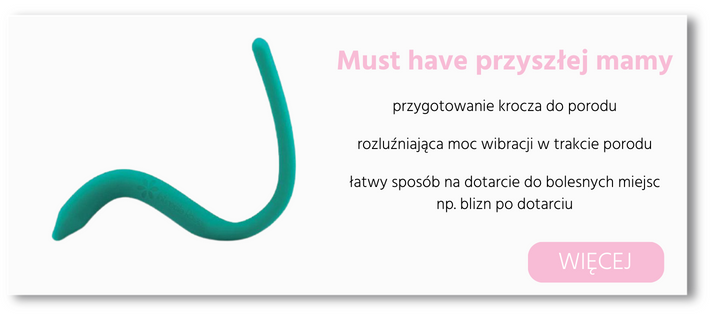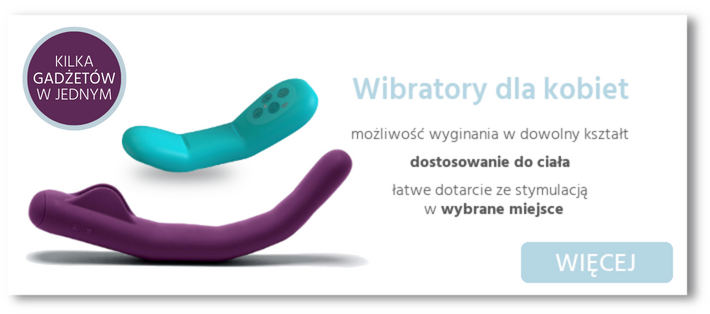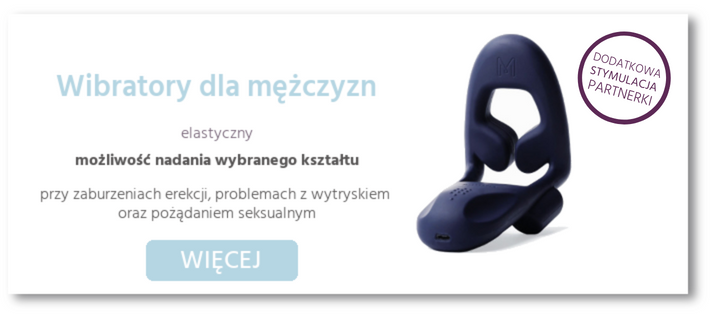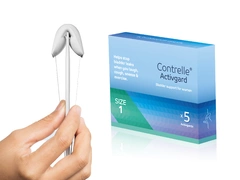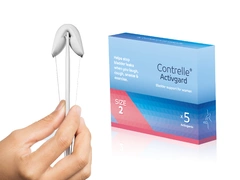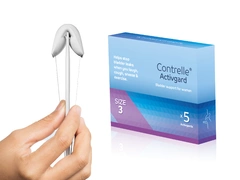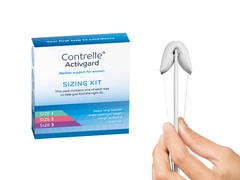Stress urinary incontinence - treatment

It is a condition characterized by uncontrolled loss of urine, without the feeling of pressure on the bladder, when performing activities that increase pressure in the abdominal cavity, such as sneezing, laughing or coughing, as well as during physical exercise or even when changing the lying position.
This is a common problem, especially in women. It may be caused by weakness of the pelvic floor muscles or weakness of the urethral sphincter. Additionally, other factors may contribute to the symptoms.
How does stress urinary incontinence occur?
During the above activities, the abdominal muscles tighten and the pressure in the abdominal cavity increases. When the pelvic floor muscles are working properly, they hold the urethra and the lower part of the bladder in place and keep urine in the bladder. Proper functioning of the pelvic floor muscles is crucial for maintaining the urethra and the lower part of the bladder in the proper position. If these muscles are weakened or damaged, the following problems may occur: pelvic organ prolapse, incontinence, or other problems with urination.
People with stress urinary incontinence may experience not only physical, but also psychological and social problems. They may feel shame, anxiety or frustration at their inability to control their body. Furthermore, it may lead to avoidance of physical and social activities, which affects the overall quality of life.
What is the cause of stress urinary incontinence?
The symptoms may be caused by the following factors:
1. Pregnancy and childbirth: Pregnancy puts a lot of pressure on the muscles, and childbirth can injure them and impair their functioning.
2. Obesity: Excessive body weight may weaken the pelvic muscles.
3. Chronic constipation: Frequent tightening of the abdominal muscles during constipation can put excessive strain on the Kegel muscles, leading to bloating.
4. Menopause: As you age, your muscles may weaken naturally, increasing your risk of stress urinary incontinence.
5. Gynecological surgery: Some surgical procedures, such as removal of the uterus (hysterectomy), can damage the muscles and cause continence problems in the patient.
6. Muscle overload: Excessive and frequent lifting of heavy objects or performing intense physical exercise can overstrain the muscles and lead to them weakening.
This problem may also be hereditary, and factors such as smoking and chronic urinary tract inflammation may increase the risk of developing this condition.
What are the symptoms of stress urinary incontinence?
Symptoms of stress urinary incontinence may include:
- loosening when coughing
- urine flow when laughing
- urinary incontinence during physical activity
- leakage of small amounts of urine - in the initial phase of the problem
- urinary incontinence without obvious urge
- impact on quality of life
Types (degrees) of stress urinary incontinence:
There are three degrees:
- 1st degree - with little effort, e.g. lifting heavy purchases or sneezing
- 2nd degree - during light activities such as jumping, climbing stairs, bending
- 3rd degree - in a sitting or lying position, with a slight change in body position, e.g. turning in bed.
Treatment of stress urinary incontinence
Treatment of stress urinary incontinence is absolutely possible. Therefore, do not postpone the consultation with a specialist and start therapy. It is always worth consulting a specialist to identify the cause of the problem and learn about treatment options.
There are various methods of treating urinary incontinence, depending on the patient's fitness and the severity of symptoms. Treatment may include lifestyle changes, such as avoiding triggers or strengthening the pelvic floor muscles with Kegel exercises.
Regular Kegel exercises and prescribed therapy (e.g. electrostimulation or biofeedback) can help maintain their strength and flexibility, which helps prevent such problems.
In some cases, when symptoms are severe and do not respond to other treatments, surgery (surgical treatment) may be necessary.
Contrelle bladder stabilizer
If you experience involuntary leakage of urine while running, laughing or sneezing, you probably feel uncomfortable and are afraid of situations in which a problem may arise. You can improve the quality of your life now. You don't have to limit your physical activity or give up social gatherings.
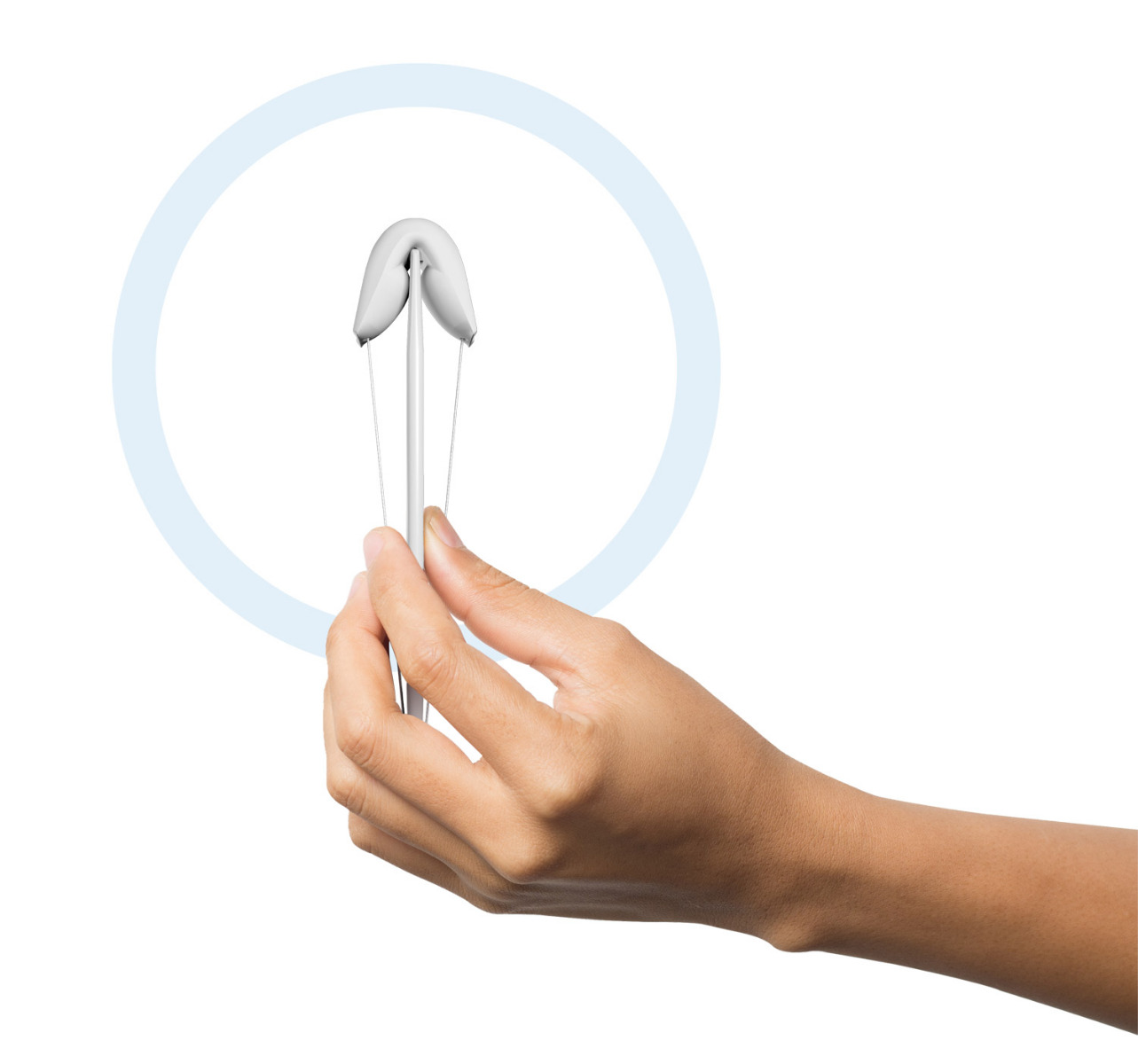
Contrelle Bladder Stabilizer is a clinically proven product designed to reduce or stop bladder leakage caused by stress urinary incontinence (SUI). Contrelle restores the bladder neck and urethra to their natural position, improving your well-being and comfort in everyday activities. Contrelle works by gently tightening the muscles, which strengthens them and returns them to the correct position.
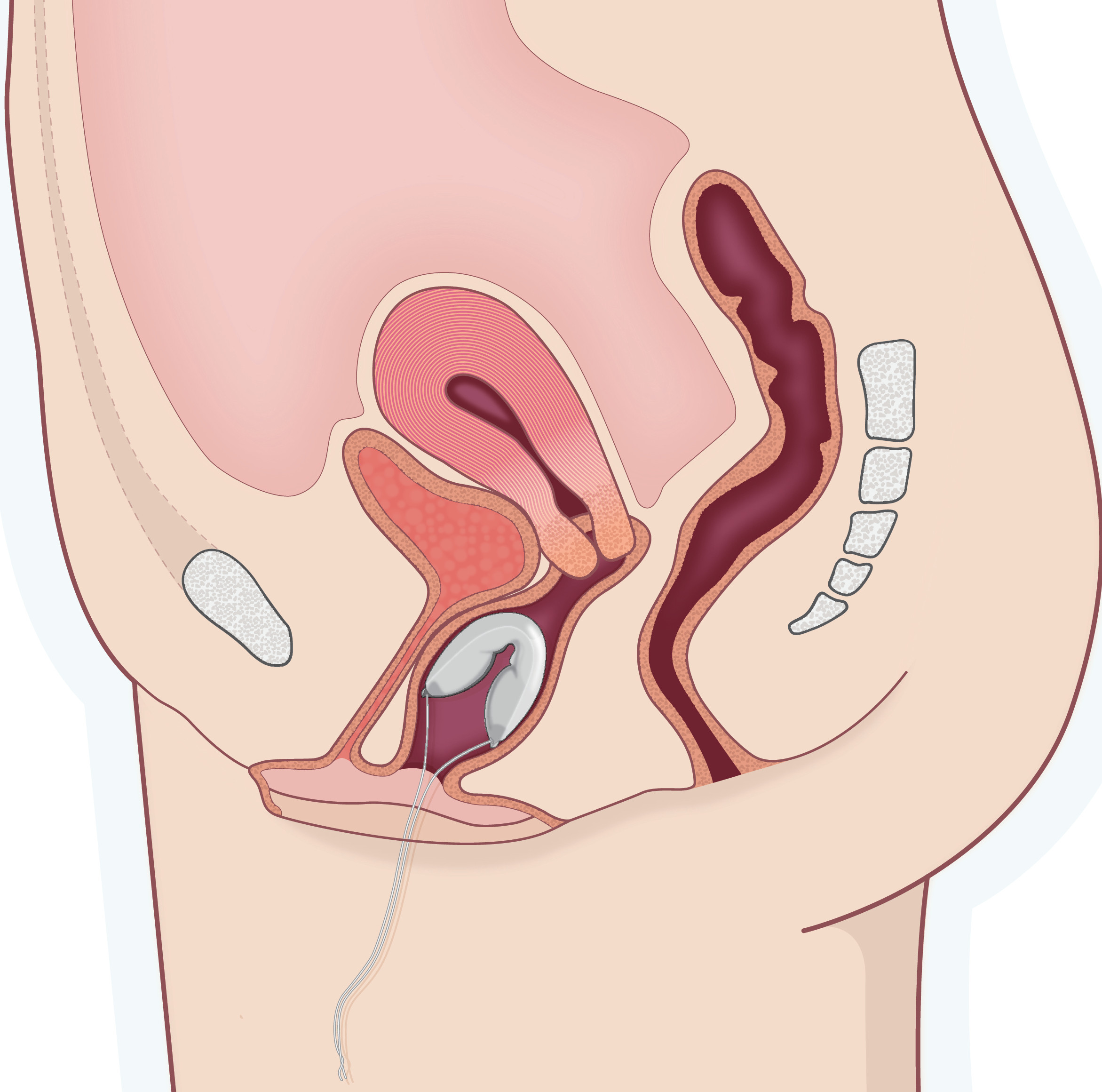
An additional advantage of Contrelle is the fact that it can be used by people of all ages. Whether you are a young or older woman, Contrelle can help you improve your quality of life. By restoring the natural position of the bladder neck and urethra, you will be able to enjoy greater freedom in everyday activities and avoid unpleasant situations.
The conclusion is simple - Contrelle is an innovative solution that helps prevent ailments related to the bladder and urethra. Thanks to it, you can improve your well-being and quality of life. You don't have to suffer from letting go problems anymore.
Contrelle is an excellent alternative to products such as a support tampon.
This is a medical device. For safety, use it according to the instructions or label. If in doubt, consult a specialist as this medical device may not be suitable for you.
Manufacturer: VIVECA BIOMED LTD | Authorized representative: CS LIFESCIENCES EUROPE LTD | Distributor and advertising entity: ELMEDICO Robert Gabrysiak






